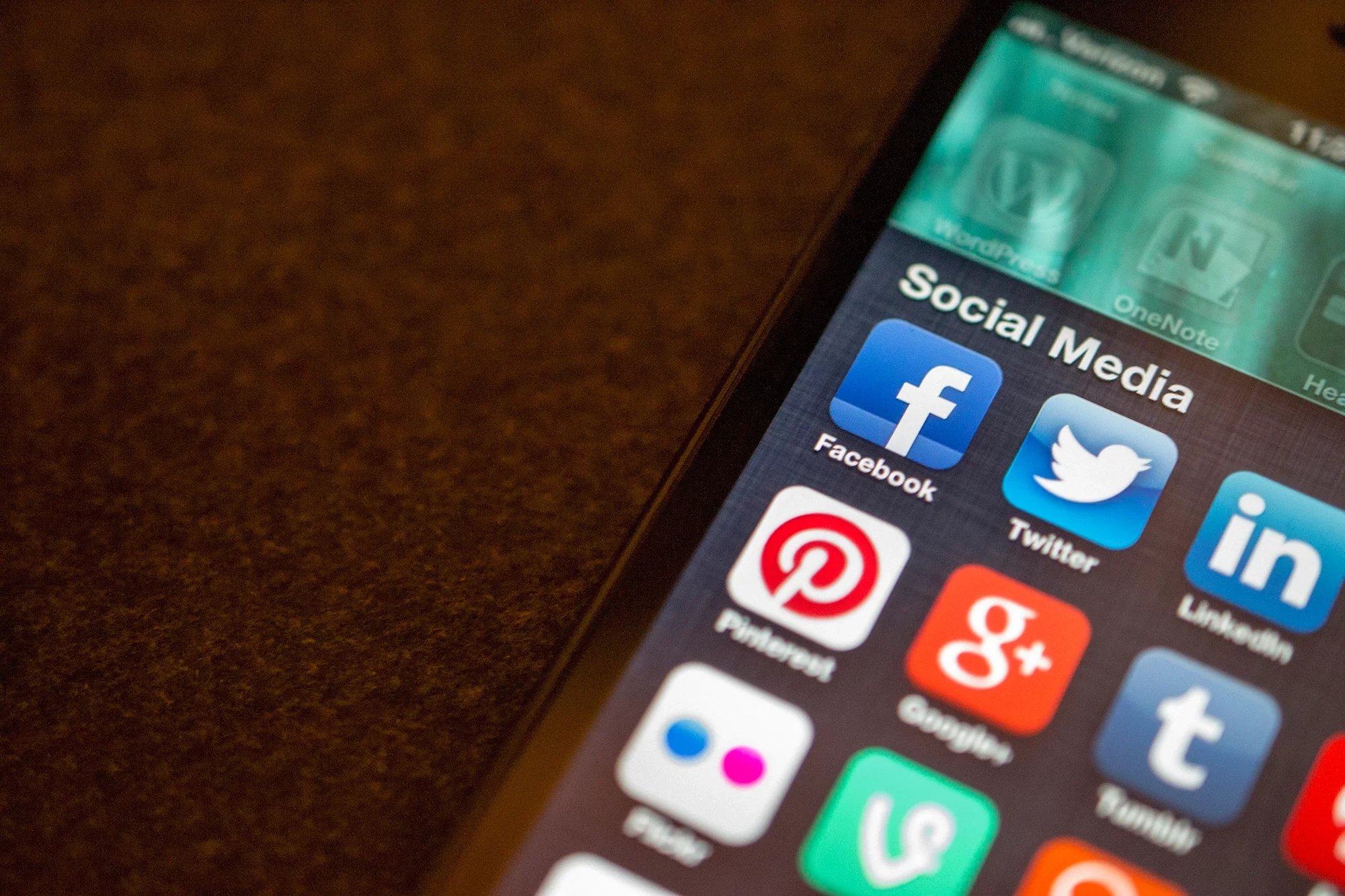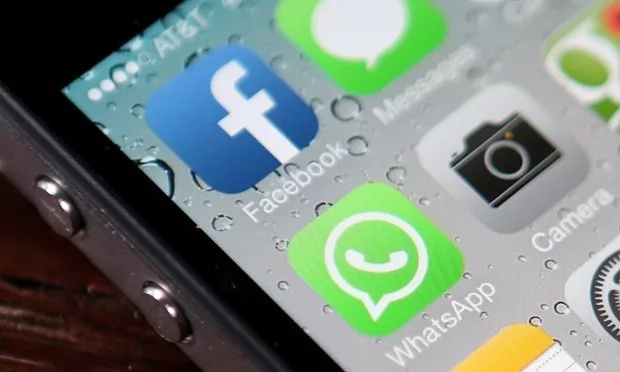In a world laden in technology, social
media is usually the order of the day. But did you know that some
practices on social media can have the same effects as smoking or
drinking?
The millennial generation is
almost synonymous to selfies and social media. That said, it is not
unusual to literally know the entire life story of someone simply by
scrolling through their Instagram page.

From
the moment they graduated to throwback pictures of one in his heyday,
social media highlights it all. The older generation (and some much
old-school youth) find this absurd, even abnormal. But what makes one
completely ‘hang’ their entire life story on social media?
The
answer lies in false gratification. The false feeling of ‘instalove’
and Facebook likes. The contemporary generation somehow feel a whole lot
of content when they post a picture of a cute baby, a hot selfie, or
even one of life’s milestones to the public for some positive ‘feedback’
from the world in terms of likes and a few comments.

What
they fail to realize is the fact that it is all superficial. That
social media is one big digital jungle where everyone crosses paths
every once in a while. The thing called ‘likes’ buttons which people
push when they happen to come across a post that slightly raises their
eyebrow. If there was the perfect synonym of the ‘like’ button, it would
be ‘I’ve seen your post’.

Here is the science behind it. When
teenagers and young adults are stressed, they are most likely to resort
to social media, simply because they can literally add filters to their
problems.
Once they upload a photo of
themselves and the likes start streaming in, they almost immediately
start feeling elated. They soon feel a false sense of satisfaction as
the number of ‘likes’ grows.
Engagement in
social media and our cellphones produces a chemical in the body called
Dopamine. Incidentally, it is the very same chemical produced by the
body when people smoke or drink that make drug users feel good.

This
would explain why people count the likes on Facebook. Because every
time another like notification pops up, the body experiences another
dose of dopamine.
Hence you will find a girl
post photo after photo on social media. Others will post their own
children right from infancy because they know very well they are bound
to get hits. Soon after, they feel obliged to ‘update their fans’ on
their happenings. It becomes unusual when they go a day or two without
posting on social media for likes.

In
the long run, their solid relationships run out, as they value them
less and less. Depression can soon kick in, but the posting will never
stop.
There you have it. Addiction is not only down to physical drugs. How much dopamine do you produce?
Check out the video below to see the signs you should watch out for if you do not want to have a heart attack:
No comments:
Post a Comment